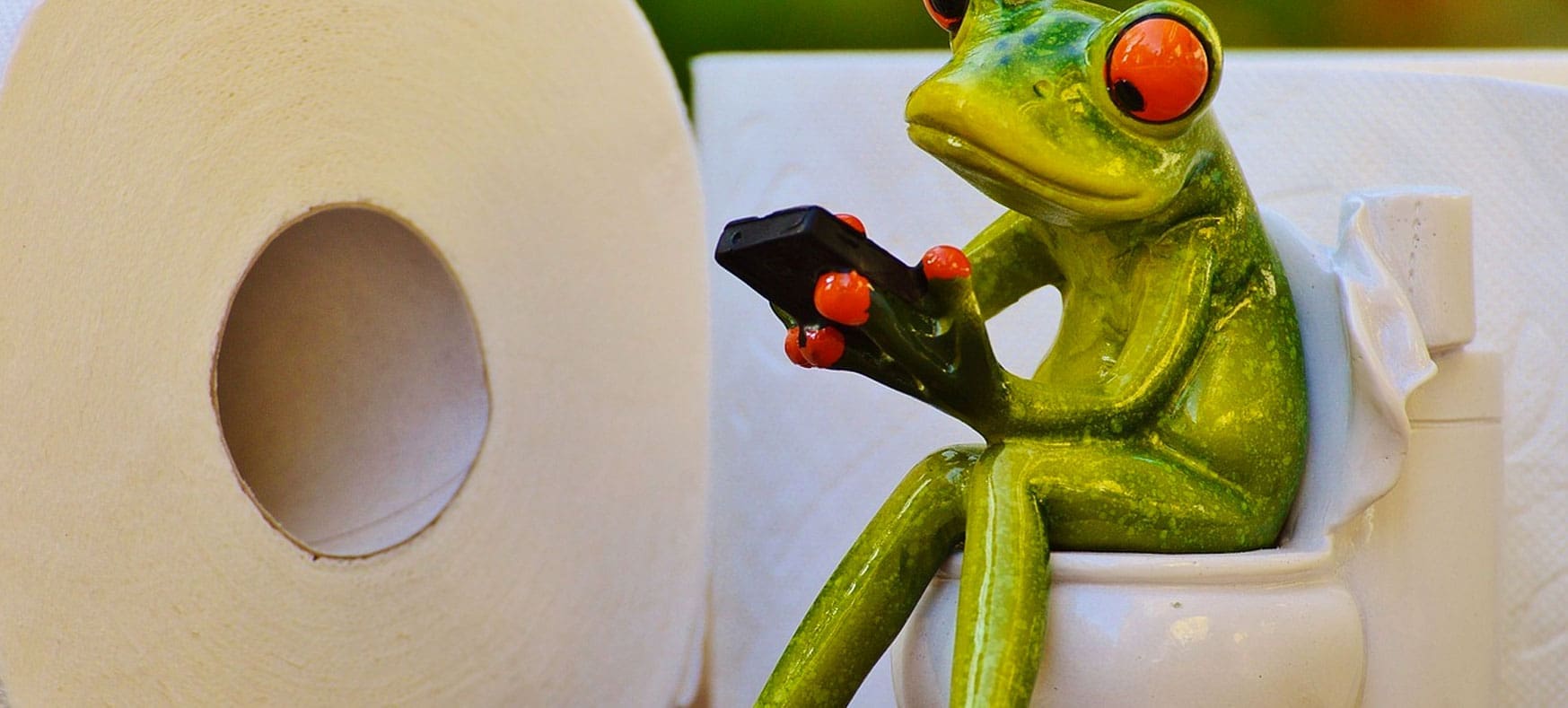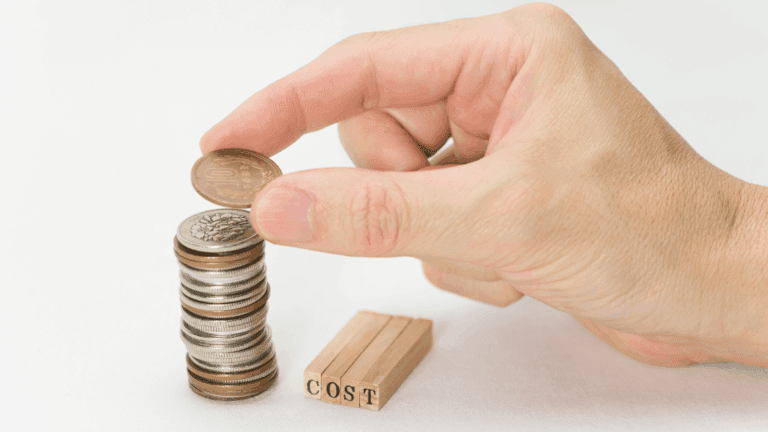
What is safe for your drains, and what is best avoided?
Flushing the toilet is one of the life’s most mundane actions, but it can have significant implications. What you choose to flush, and not to flush, can not only impact the health of your plumbing, but also the health of the environment as a whole.
And when it comes to plumbing, knowledge is power. From understanding the basics to exploring sustainable solutions and practices, we’re going to take a closer look at the seemingly simple act of flushing.
Back to basics
Toilets are designed to handle human waste and toilet roll, and that’s it. Waste is broken down and treated at wastewater treatment plants, while toilet roll is specifically designed to dissolve in water and minimise the risk of clogging. Using too much toilet roll, or particularly thick toilet roll (such as 4-ply and above) can make this more difficult.
Similarly, flushing items that aren’t meant to be flushed can put a strain on your toilet’s functionality, and can even impact wastewater treatment plants, which can have community-wide consequences.

What shouldn’t you flush?
There are many ‘commonly flushed’ items that do not belong down the toilet. Some of the most common offenders include:
Wipes
Most wipes do not break down easily in water, even those labelled as flushable. Instead, they stick together, causing significant blockages in both home plumbing and municipal sewer systems.
Instead of being flushed, these should be thrown away with other rubbish.
Sanitary products
Pads, tampons, and other related products are made to absorb moisture, not dissolve in it. As such, it’s easy for these items to cause plumbing issues when flushed, as they will likely expand and cause a blockage. Like wipes, period products should be thrown out with your usual rubbish.
Cotton balls and swabs
Like period products, cotton swabs and balls are designed to absorb liquid. They may look harmless, but over time these small items can accumulate, expand, and cause clogs. They should be put in the bin, not the toilet.
Dental floss
It can be hard to imagine how something as small and thin as floss could cause plumbing issues, but dental floss isn’t biodegradable, meaning it can wrap around other debris and make existing blockages worse.
Hair
We shed a lot more hair than we realise, especially when we shower or use the toilet. Like dental floss, hair can form clumps, wrap around items in your pipes, and obstruct your plumbing. You can invest in hair catchers for drains to take the pressure off your plugs.
Medications
Not only does medication take a while to break down in water, but it can also introduce harmful substances into the local water supply, impacting wildlife and potentially contaminating drinking water.

Unsustainable flushing solutions
Flushing inappropriate items can put pressure on wastewater systems, which are designed to filter and treat biological waste. Non-biodegradable items complicate this process, increasing costs and environmental impact. What’s more, some items can slip through these filtration systems, polluting our waterways.
Thankfully, there are sustainable solutions to flushing concerns, including educating households or site users on what can and cannot be flushed. Some wastewater treatment plants are incorporating advanced filtration systems to better handle non-biodegradable waste, but product users should also make an effort not to flush harmful items.
Campaigns for clearer product labelling and incentives for proper waste disposal are taking place in many regions, in an effort to help everyone flush more responsibly.

Contact Everflow today!
At Everflow, our goal is to make your utilities simpler. We ensure you get great-value contracts that are tailored to your needs and easy to manage.


